Indigenous Governance Database
IGD Database Search
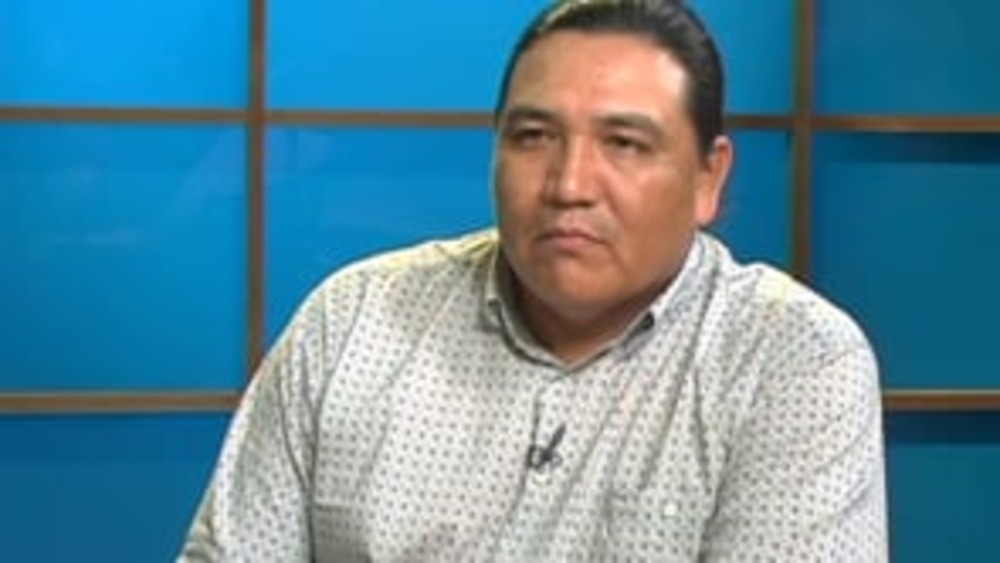
Leroy LaPlante, Jr.: Effective Bureaucracies and Independent Justice Systems: Key to Nation Building
In this informative interview with NNI's Ian Record, Leroy LaPlante, Jr., former chief administrative officer with the Cheyenne River Sioux Tribe and a former tribal judge, offers his thoughts on what Native nation bureaucracies and justice systems need to have and need to do in order to support…
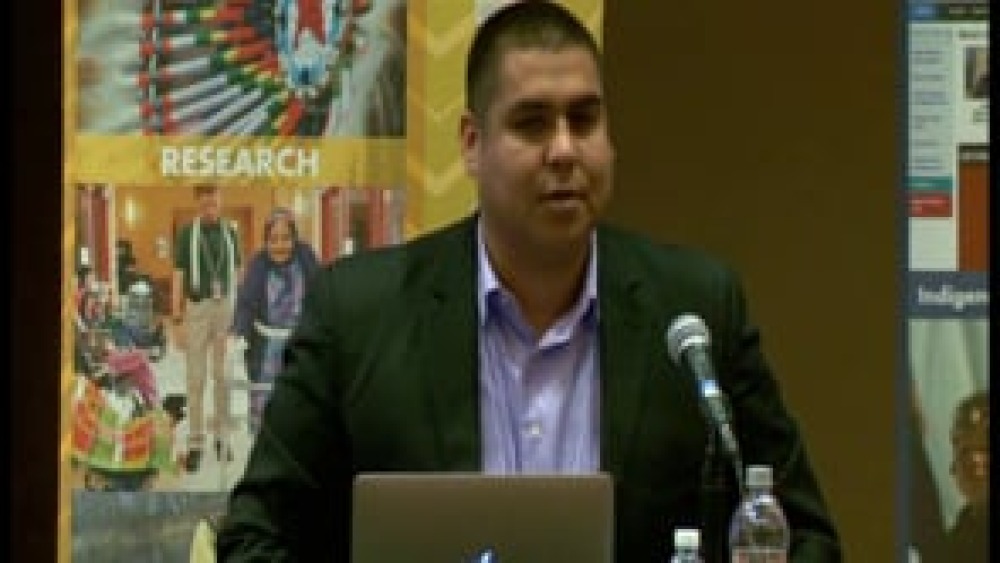
LeRoy Staples Fairbanks III: What I Wish I Knew Before I Took Office
Leroy Staples Fairbanks III, who serves on the Leech Lake Band of Ojibwe Council, discusses some of the hard stances he had to take in order to do his job well and also shares an overview of some of the major steps thatthe leech Lake Band has taken in order to govern more effectively and use its…
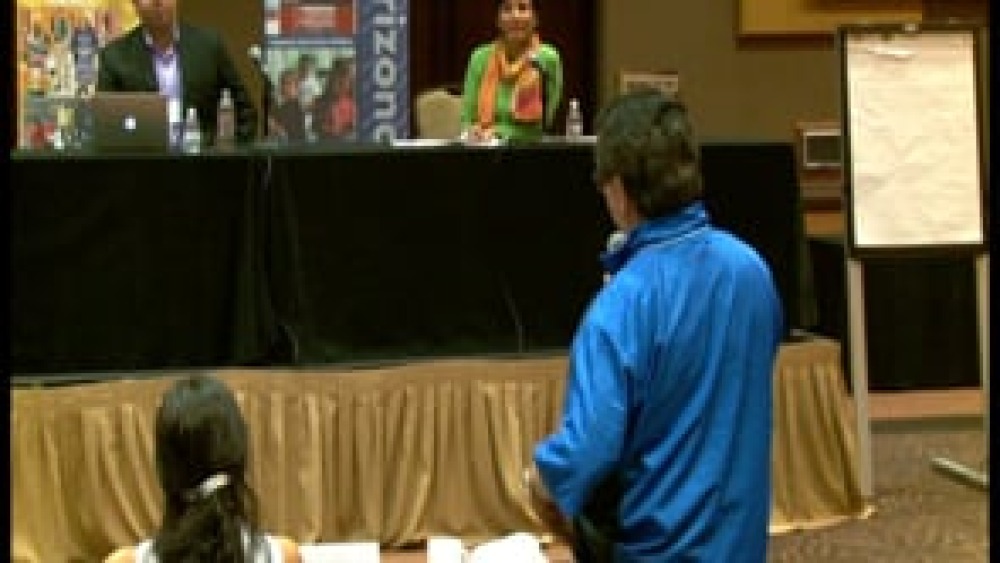
LeRoy Staples Fairbanks III and Adam Geisler: What I Wish I Knew Before I Took Office (Q&A)
Leroy Staples Fairbanks III and Adam Geisler field questions from the audience about the role of education in nation building. The discussion focuses on the importance of Native people being grounded in their culture and language, and where and how that education can and should take place.
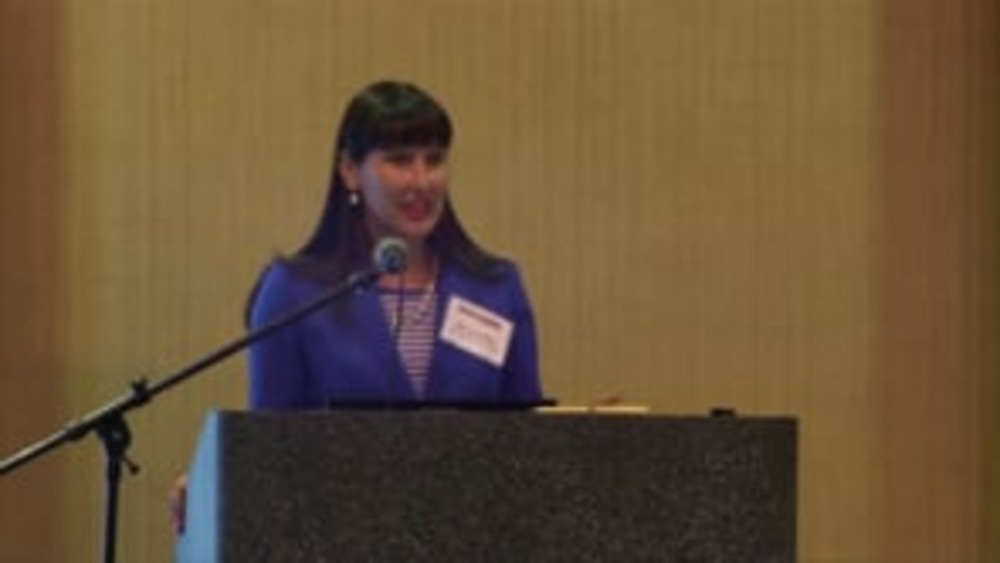
Jill Doerfler: Defining Citizenship: Blood Quantum vs. Descendancy
Scholar Jill Doerfler (Anishinaabe) talks about the colonial origins of blood quantum as a criterion for determining "Indian" and tribal identity, and explains how the federal government imposed that criterion upon the White Earth people in order to divest them of their land. She also stresses the…
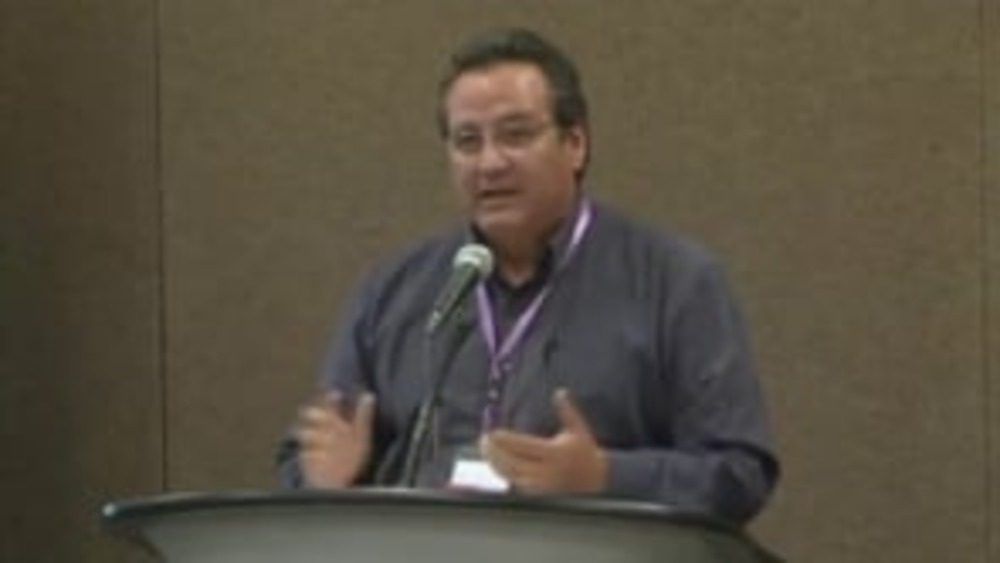
Jim Gray: The Role of Citizen Engagement in Nation Building: The Osage Story
Jim Gray, former Principal Chief of the Osage Nation, provides an overview of how the Osage Nation completely overhauled its constitution and system of governance, sharing the strategies that Osage used to educate and engage its citizens in order to ensure that their new government reflected the…
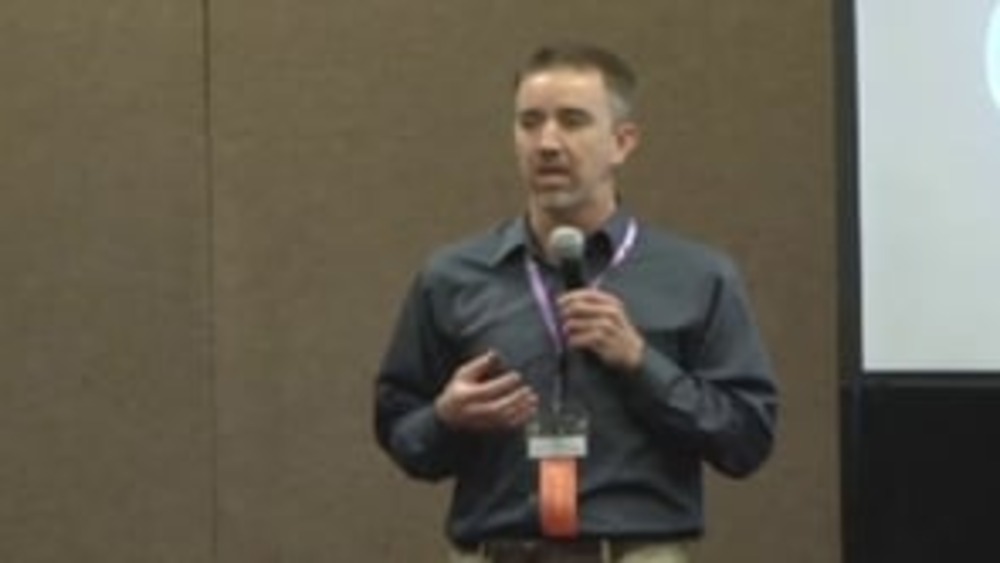
Ian Record: Citizen Engagement: The Key to Establishing and Sustaining Good Governance
For Native nations, establishing and sustaining the good governance necessary to determine and then achieve their strategic priorities hinges on citizen engagement: the ability of a nation and its government to consult and educate its citizens about the major decisions it makes and implements in…
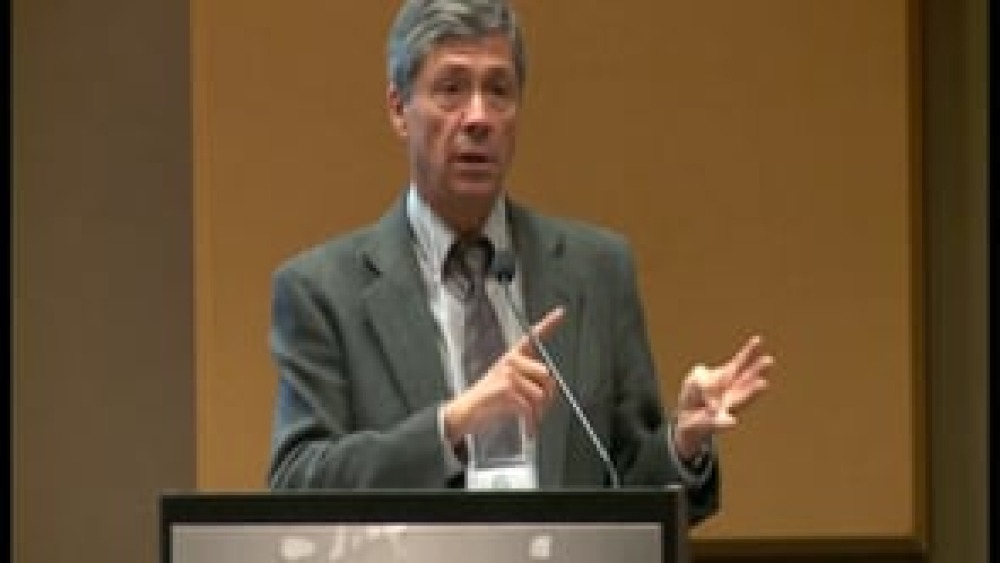
Robert Miller: Creating Sustainable Reservation Economies
In this informative and lively talk, law professor Robert Miller discusses the importance of Native nations building diversified, sustainable reservation economies through the cultivation and support of small businesses owned by their citizens, and offers some strategies for how Native nations can…
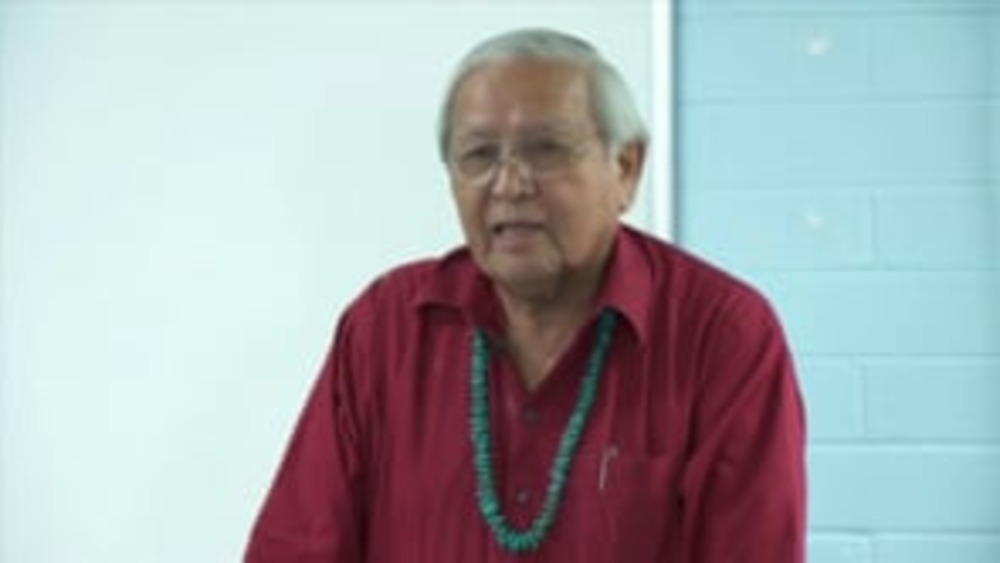
Peterson Zah: Native Nation Building: The Place of Education
Dr. Peterson Zah, former Chairman and President of the Navajo Nation, discusses the importance of higher education in empowering Native nations' efforts to achieve their nation-building goals. He also discusses the Navajo Nation Permanent Trust Fund as an example of the strategic orientation that…
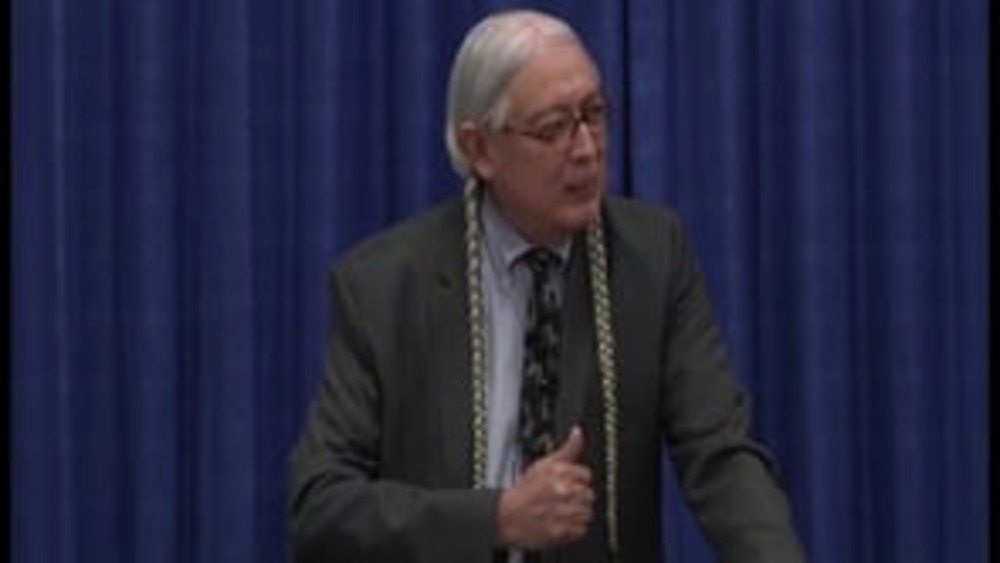
Walter Echo-Hawk: In the Light of Justice: The Rise of Human Rights in Native America & the U.N. Declaration of the Rights of Indigenous Peoples
Walter Echo-Hawk, legendary civil rights attorney, discusses his latest book In the Light of Justice: The Rise of Human Rights in Native America & the UN Declaration of the Rights of Indigenous Peoples, stressing the need for Native nations and peoples to band together to mount a campaign to…
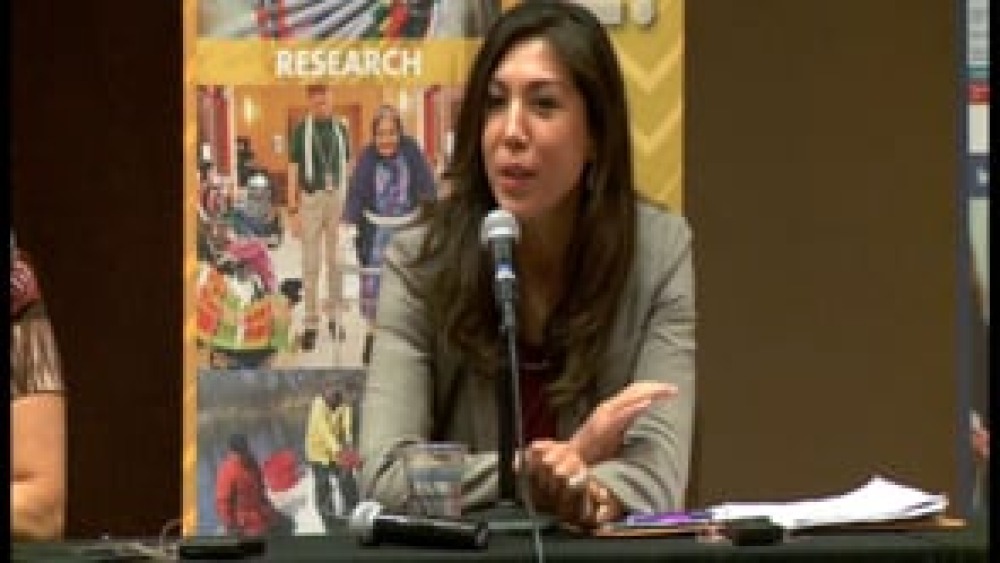
Paulette Jordan: Engaging the Nation's Citizens and Effecting Change: The Coeur d'Alene Story
Paulette Jordan, citizen and council member of the Coeur d'Alene Tribe in Idaho, discusses the importance of Native nation leaders being grounded in their culture and consulting the keepers of the culture (their elders) so that they approach the leadership challenges they face with the proper…
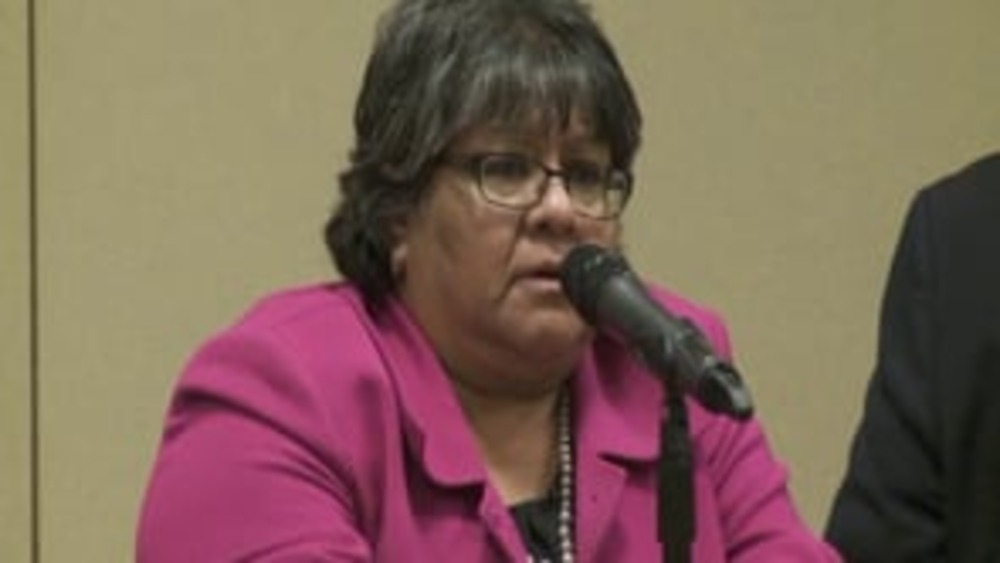
Luann Leonard, Stephen Roe Lewis and Walter Phelps: Bridging the Gap: How Native Culture Forges Native Leaders
Luann Leonard (Hopi), Stephen Roe Lewis (Gila River Indian Community), and Walter Phelps (Navajo) discuss how their personal approaches to leadership have been and continue to be informed by their Native nations' distinct cultures and core values and those keepers of the culture in their…
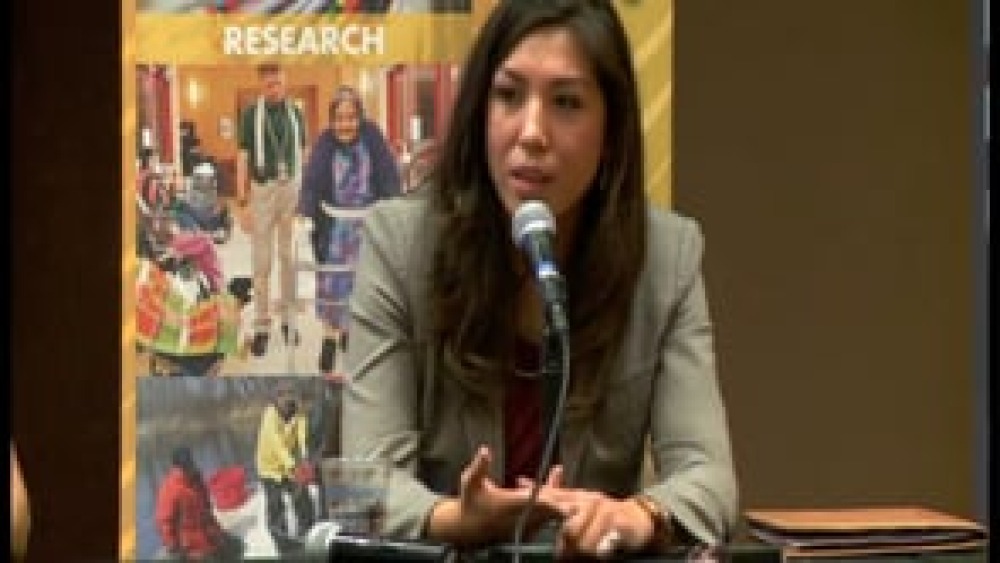
Paulette Jordan and Arlene Templer: Engaging the Nation's Citizens and Effecting Change (Q&A)
Paulette Jordan and Arlene Templer field questions from the audience, offering more details about how they mobilized their fellow tribal citizens to buy into the community development initiatives they were advancing.
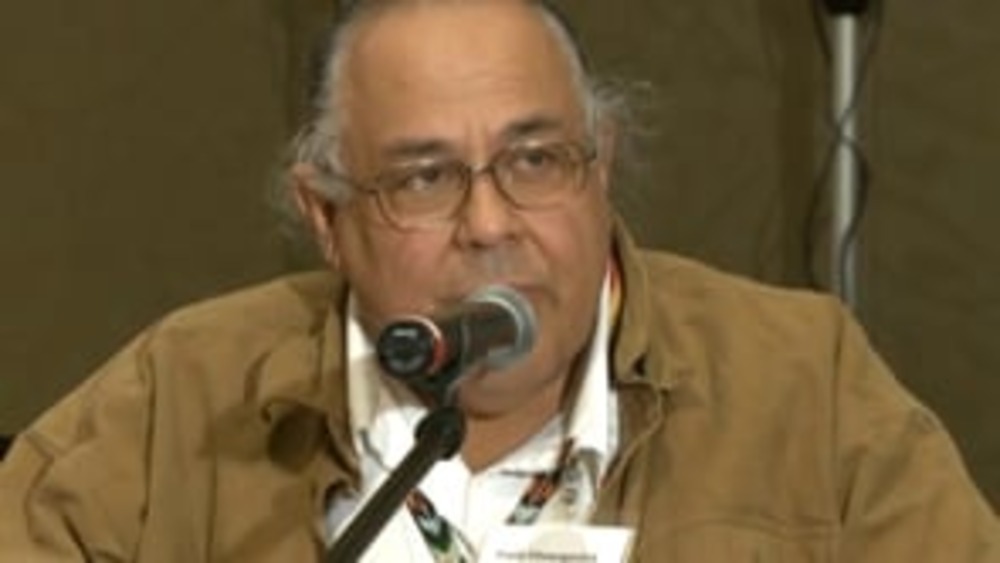
Native Leaders and Scholars: The Movement Away from Blood Quantum
Several Native leaders and scholars discuss the growing movement away from blood quantum as a primary criteria for determining eligibility for citizenship in Native nations.
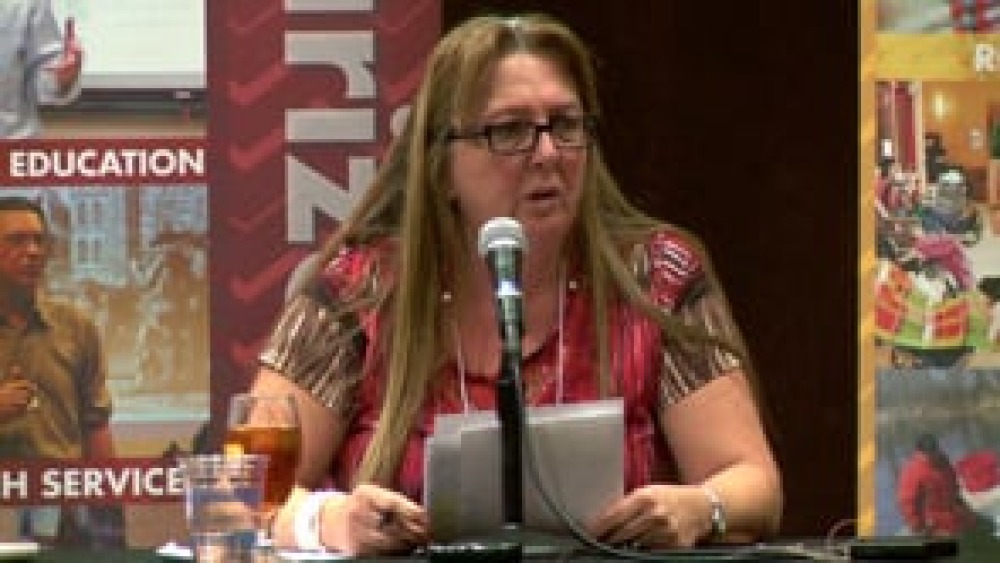
Arlene Templer: Engaging the Nation's Citizens and Effecting Change: The Salish and Kootenai Story
Arlene Templer, Department of Human Resource Development Director for the Confederated Salish and Kootenai Tribes (CSKT), discusses what prompted CSKT to develop the Department of Human Resource Development and how the department works to cultivate self-sufficiency in CSKT citizens and…
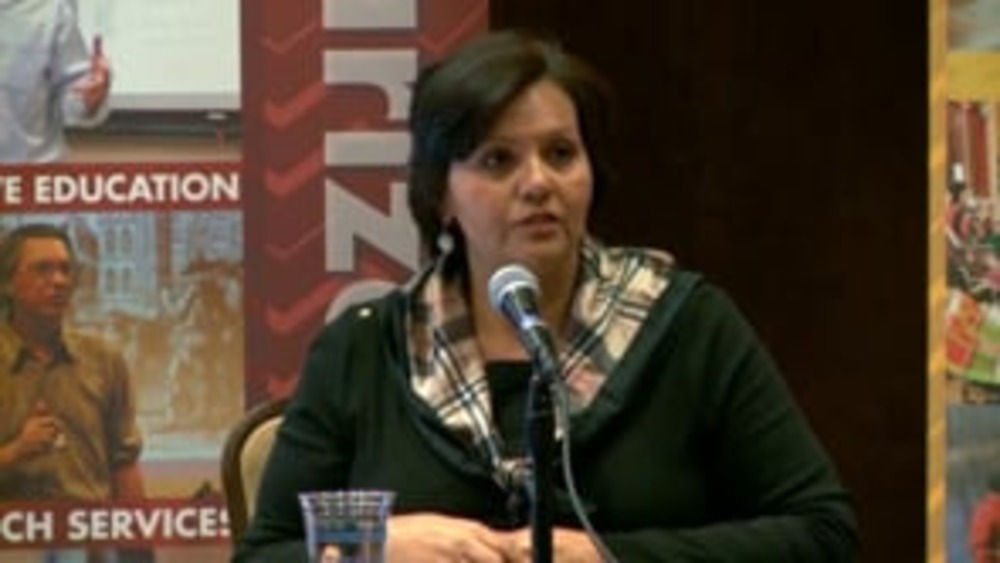
Rae Nell Vaughn: So What's So Important About Tribal Courts?
Rae Nell Vaughn, former Chief Justice of the Mississippi Choctaw Supreme Court, discusses how justice systems are critical to Native nations' exercise of sovereignty, and sets out some key things that those systems need to have in place in order to administer justice fairly and effectively on…
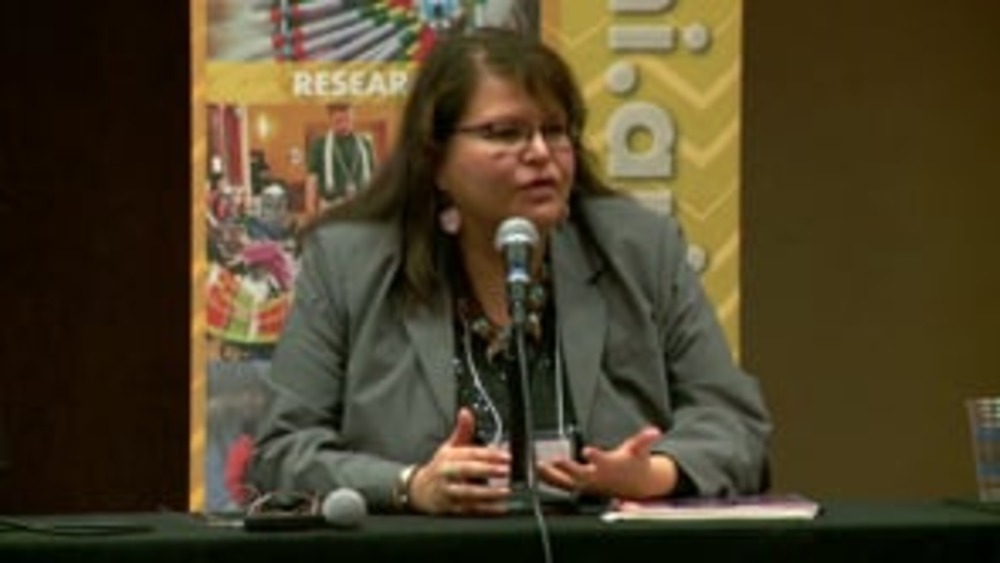
Eldena Bear Don't Walk and Rae Nell Vaughn: So What's So Important About Tribal Courts? (Q&A)
In this short session, panelists Eldena Bear Don't Walk and Rae Nell Vaughn delve into further detail about the importance of tribal justice systems receiving adequate funding in order to administer justice effectively. Robert Yazzie, former Chief Justice of the Navajo Nation Supreme Court, also…
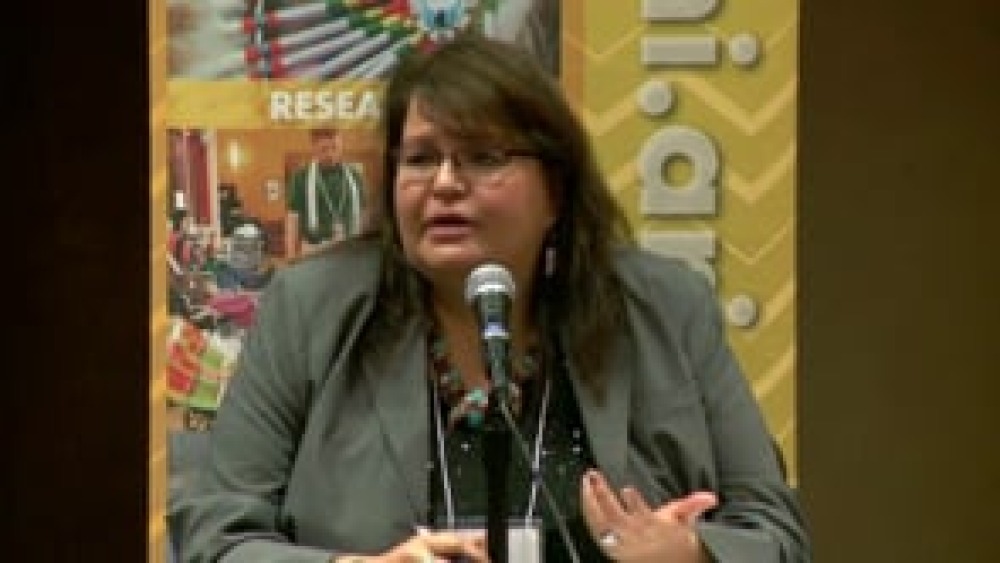
Eldena Bear Don't Walk: So What's So Important about Tribal Courts?
Eldena Bear Don't Walk, Chief Justice of the Confederated Salish and Kootenai Tribes, discusses some of the things that tribal justice systems need to have in place in order to be effective, and how important it is for Native nation governments and citizens to respect and support the decisions…
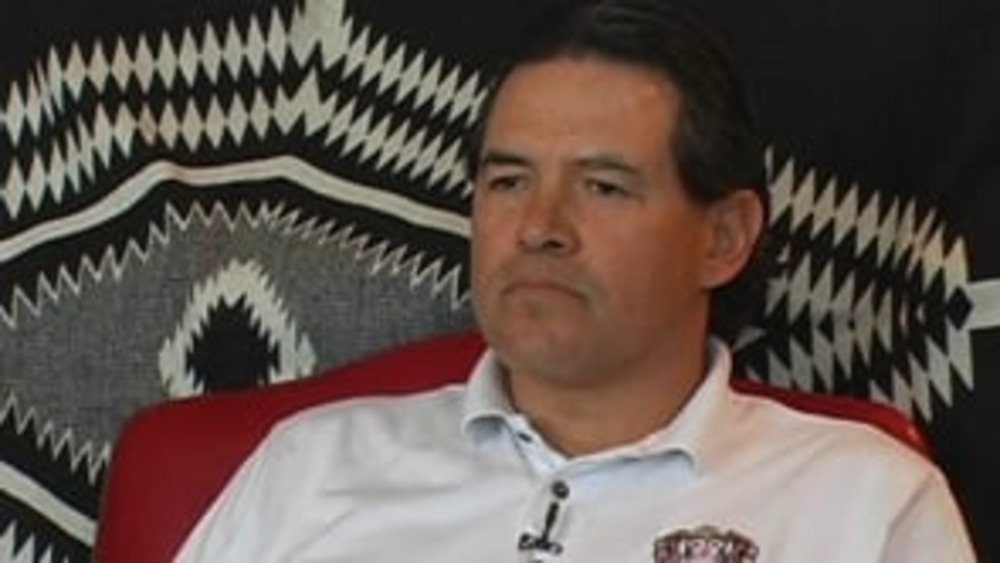
Brian Cladoosby: The Swinomish Indian Tribal Community's Approach to Governance and Intergovernmental Relations
In this wide-ranging interview with NNI's Ian Record, Chairman Brian Cladoosby of the Swinomish Indian Tribal Community discusses Swinomish's unique governance system, its approach to building relationships with other governments to achieve its strategic priorities, and what he feels are the…
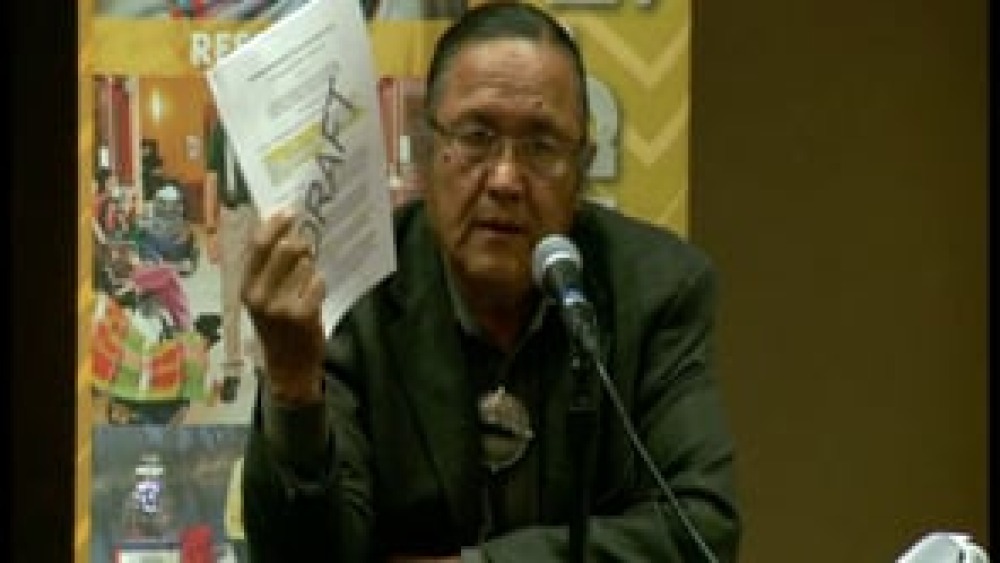
Robert Yazzie: Traditional Principles of Leadership
Former Chief Justice Robert Yazzie of the Navajo Nation Supreme Court provides an overview of the traditional Diné governance system and specifically the leadership principles that Diné leaders relied upon to make sound, informed, strategic decisions in consultation with and on behalf of…
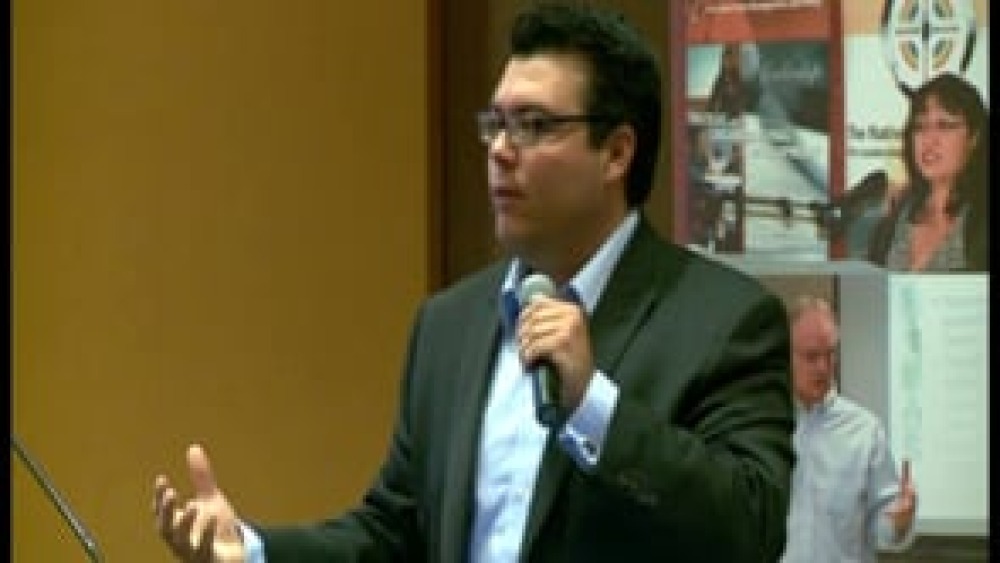
Adam Geisler: What I Wish I Knew Before I Took Office
Adam Geisler, Secretary of the La Jolla Band of Luiseño Indians, discusses the diverse set of challenges he faces as an elected leader of his nation and discusses some of the innovative ways that he, his leadership colleagues, and his nation have worked to overcome those challenges. He…
Pagination
- First page
- …
- 34
- 35
- 36
- …
- Last page
